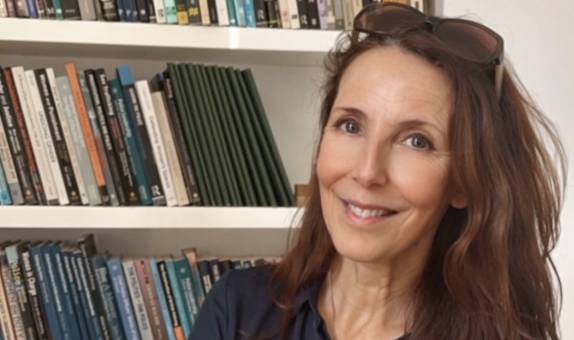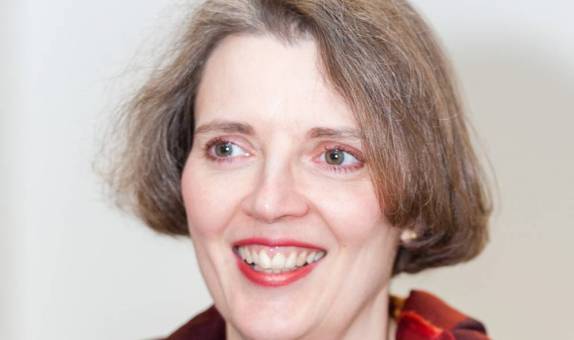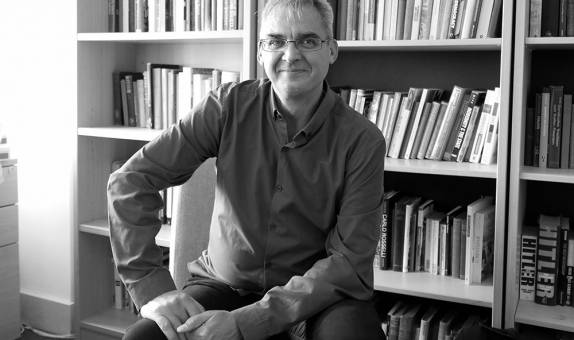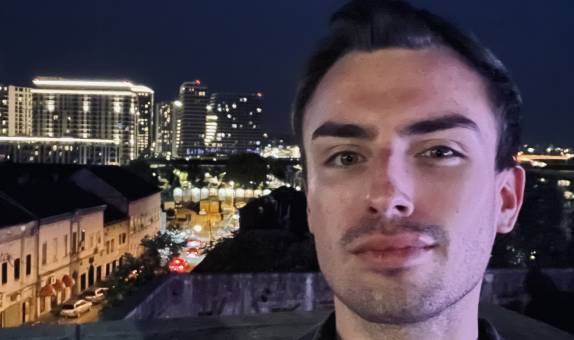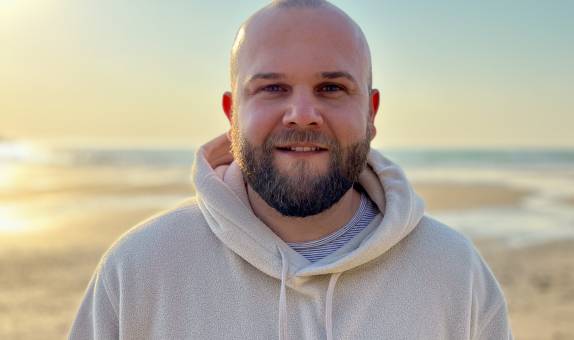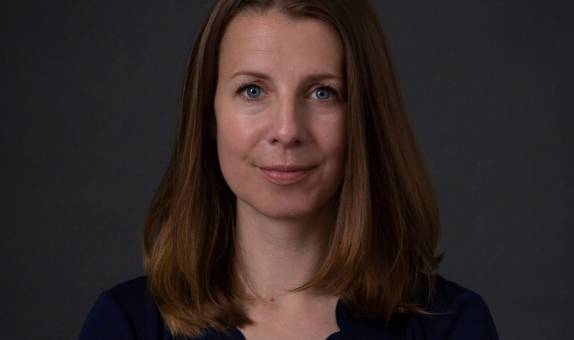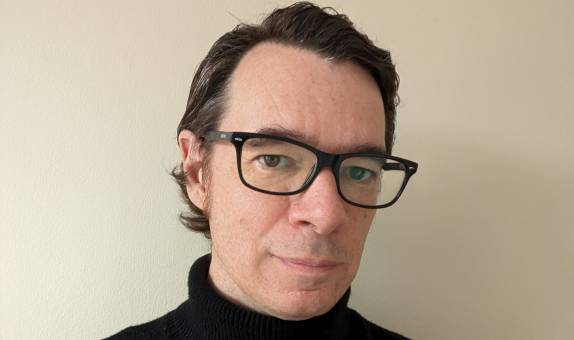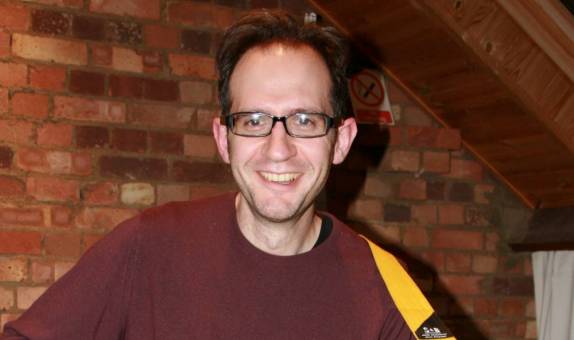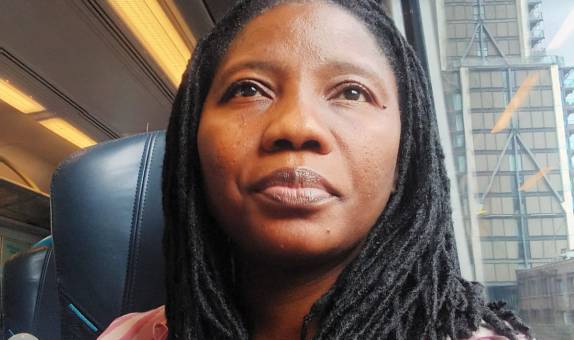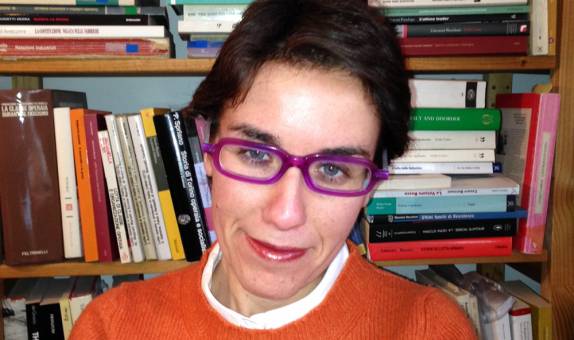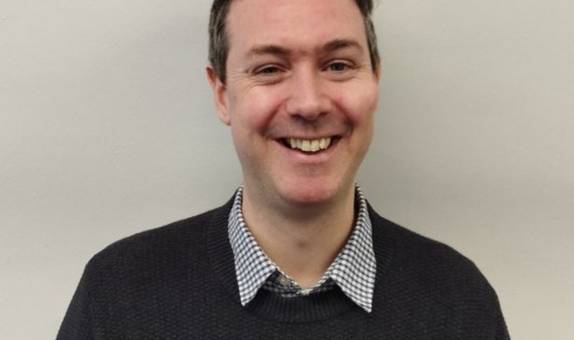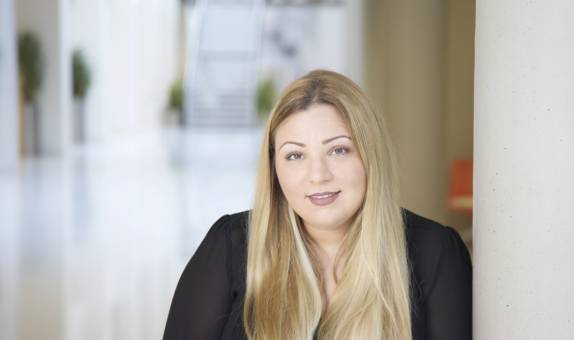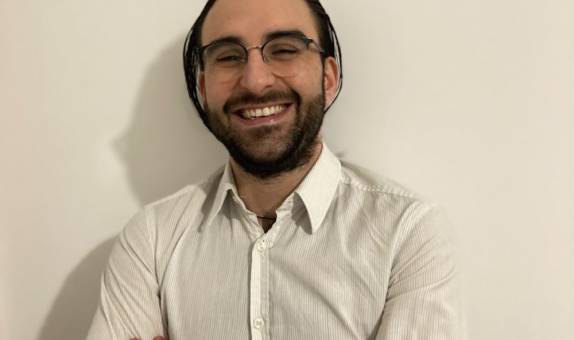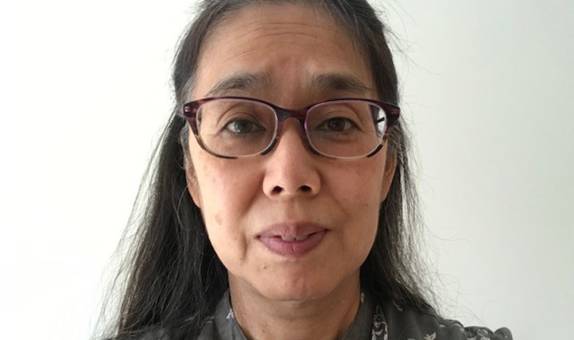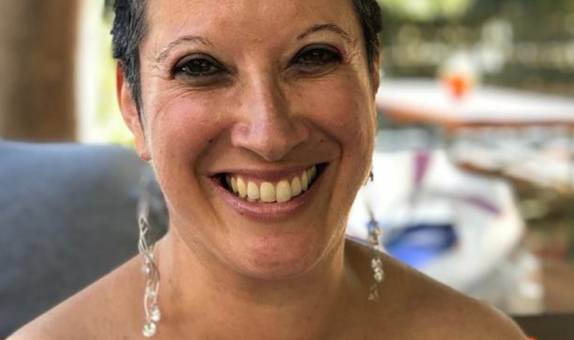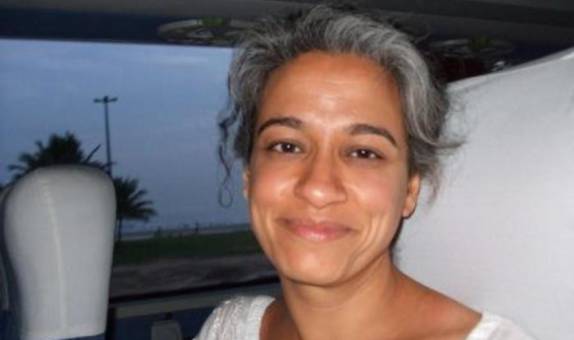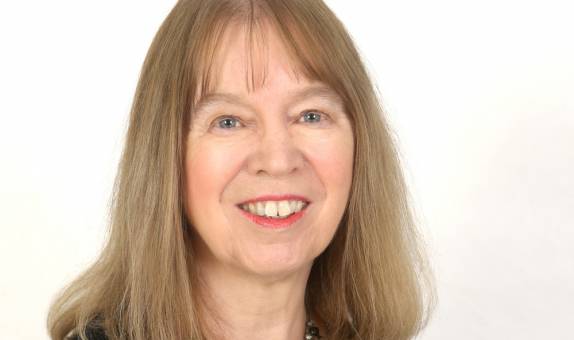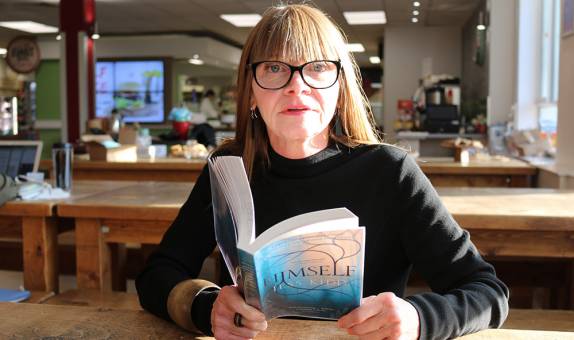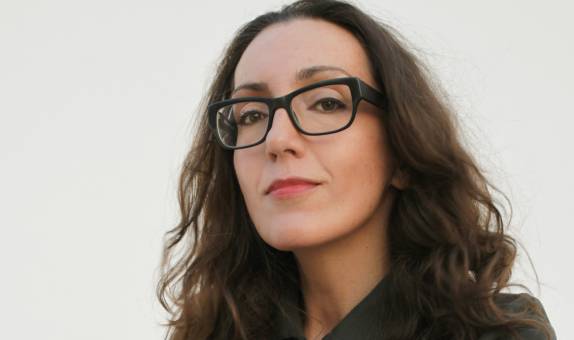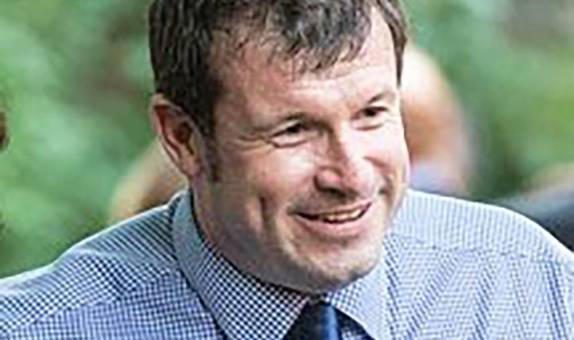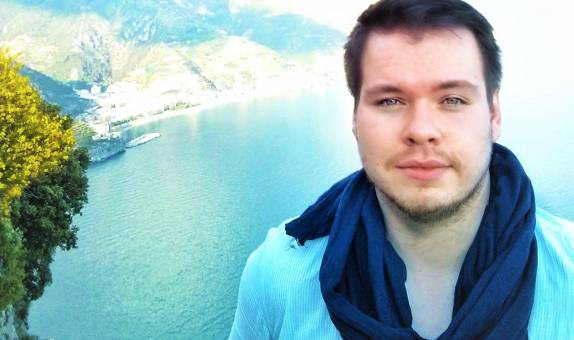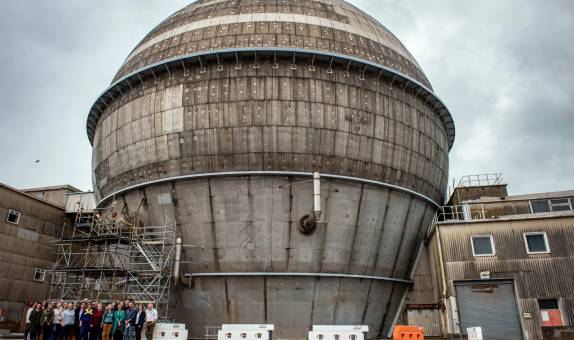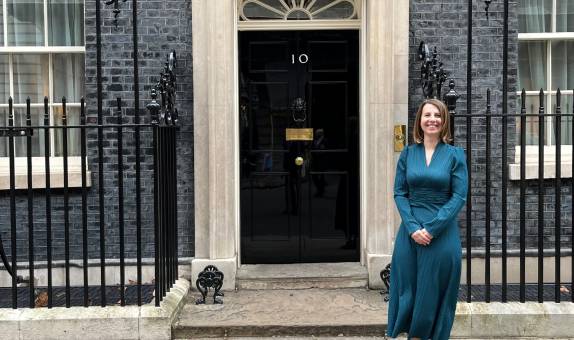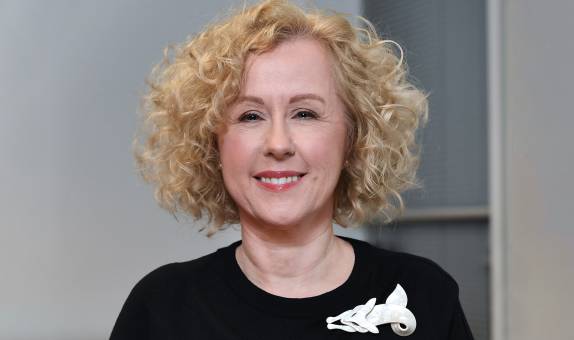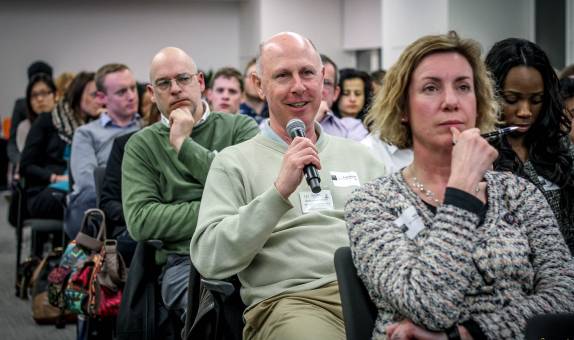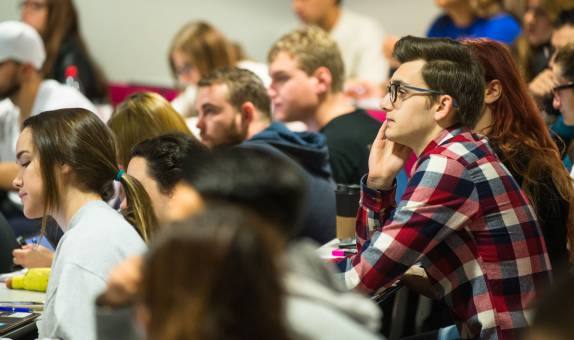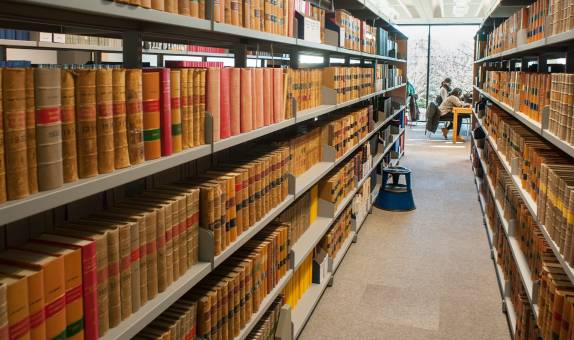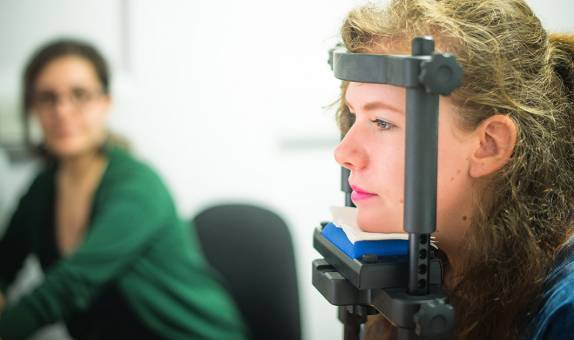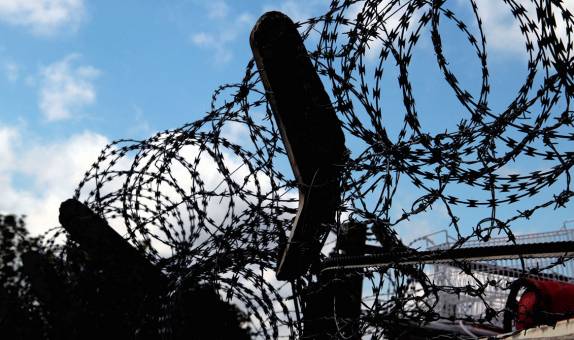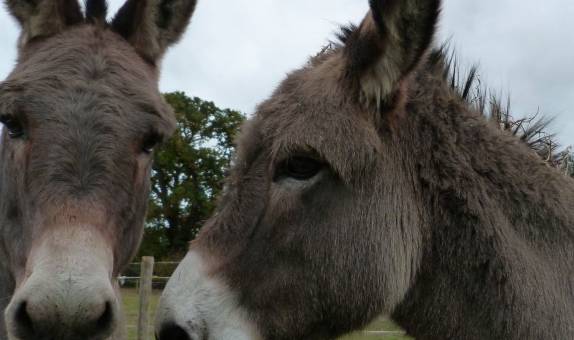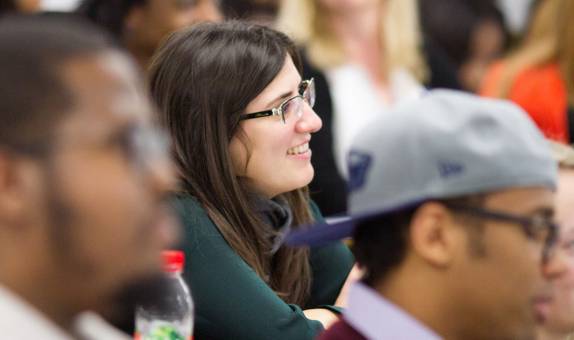Welcome to the Department of Criminology and Social Sciences
Explore your passion
By encouraging students to tailor their studies to their own particular interests, we aim to inspire confidence, independence and passion throughout the learning journey. We explore core themes and develop fundamental skills, helping students identify connections between personal experiences in day-to-day life with wider social, political, economic and cultural factors. We prepare our students to become informed and active members of a global society.
Real-world impact
We offer a unique student experience by combining classroom learning and research with real-world impact. Students discover how to conduct social research and contribute to the production of fresh knowledge and we bring the most up-to-date developments in our research fields to the classroom.
We prepare students for life after university by teaching skills that employers want – problem-solving, data analysis, critical thinking and reasoning – and open the door to a wide range of career opportunities.
Diversity
We welcome students from all ages and backgrounds. Programmes are accessible to all learners, whatever their background, schooling experience and learning style. Our programmes are designed and delivered by lecturers who are active researchers, experienced teachers and have professional practice backgrounds in areas such as social housing, homelessness, probation, and legal practice.
About the Department
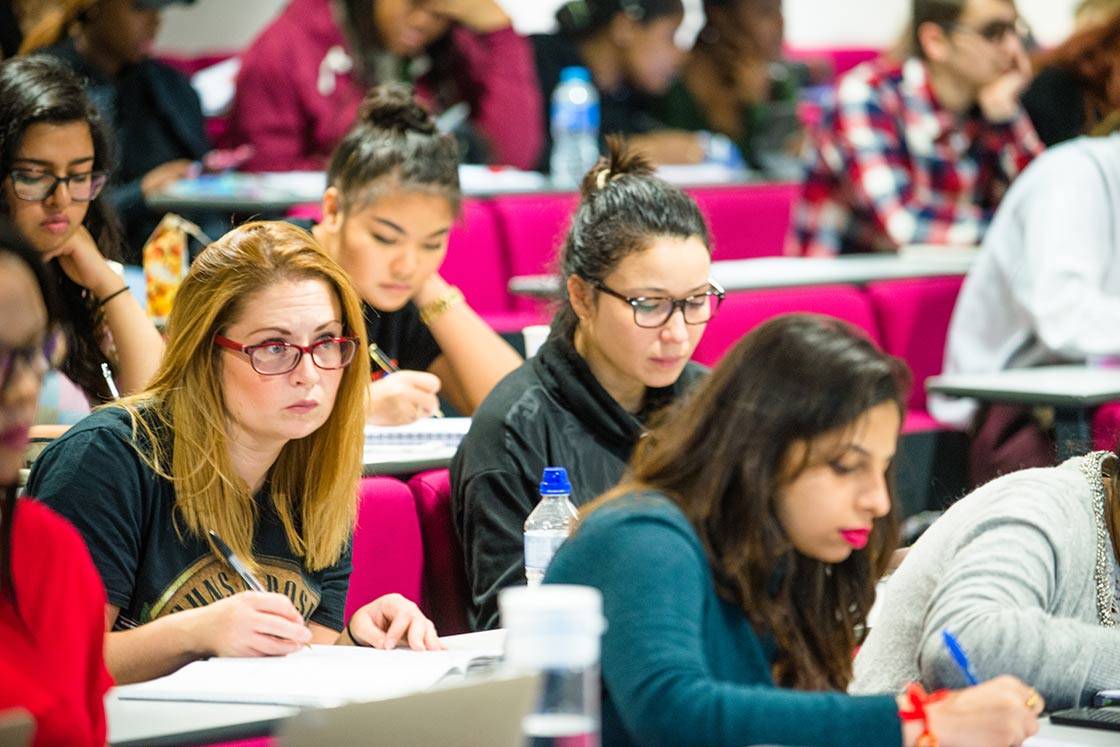
Criminology
Criminology is about the study of crime, crime control and criminalization of social ‘groups'. Fear of crime has a profound influence on our feelings of security and wellbeing, from ‘street-level' crime to global concerns about terrorism and cybercrime. Criminologists combine the study of society, politics, law, psychology and culture to understand offending behaviour and the peoples' responses to prohibited and harmful activity. Criminology also analyses the cultural representations of criminality. It investigates how this relates to constructions of social identity like class, race and ethnicity, gender, age and sexuality.
Sociology
Sociology is all about people and societies. It is concerned with how we influence one another as individuals and groups, and the ways in which wider social factors affect what we do and how we think. It explores questions about the nature of society, human relationships and behaviour, examining issues. It looks at issues around power and inequality, change and development, identity and culture. Sociology challenges our prejudices and assumptions.
Change the world: our courses
We offer a range of undergraduate and postgraduate programmes in criminology and sociology, which can also be combined with subjects outside the department. Students are taught in practical and interactive workshops, lectures, seminars and through one-to-one supervision. In addition to your course tutors, you will have a personal academic adviser to support you in your studies.
Undergraduate courses
The Department offers undergraduate programmes in criminology and in sociology. Students may take either subject as a single honours course or as a joint honours course in combination with a range of options from the faculty's modular scheme.
As an undergraduate you will have access to excellent library and computing facilities to help you with your studies.
You can also study a number of combined degrees.
Postgraduate courses
The Department offers postgraduate programmes in criminology.
All students receive training in research methods including the powerful statistics software package SPSS.
Initial enquiries concerning PhD proposals should be sent to the Associate Dean, Research & Enterprise, Philip Terry.
Research, impact and social enterprise
The Department is proud to be research active: responding innovatively to market demands as they emerge; supporting our mission for real-world impact; and enriching undergraduate and postgraduate study.
Our academics promote and support projects that respond to contemporary social problems, collaborating with organisations all over the world to explore social enterprise activities. Our partners include governmental departments, policing and criminal justice institutions, community groups, voluntary sector organisations, and homelessness, social care and health agencies.
Our research has been funded by the European Social Research Council, the Arts and Humanities Research Council, the European Commission (including COST, European Cooperation in Science and Technology), the National Lottery Commission, the Home Office, Spurgeon's and the Royal United Services Institute, amongst others.
We have a strong track record of engaging with wide-ranging stakeholders through the use of online and social media, conference and workshop activities, discussions and debates, publications, and participating in advisory boards, steering groups, policy-making forums and other professional networks.
CResCID
Our dedicated Centre for Research in Communities, Identities and Difference (CResCID) offers innovative responses to contemporary social problems. Its mission is to produce strategic knowledge relevant to global problems by fostering multi-disciplinary research on social justice and how adversity impacts on individuals and their communities, and has established an international reputation for original research and policy-relevant knowledge.
Research hubs
Our departmental research expertise is organised into different dedicated hubs which enable social enterprise and impact activities.
Research degree opportunities
We offer a range of interdisciplinary research subjects, all of which are led by academic staff with expertise in criminological and sociological disciplines.
To apply, please ensure you select the exact qualification, start date and mode of attendance. Initial enquiries concerning PhD proposals should be sent to the Associate Dean, Research & Enterprise, Philip Terry.
Employability within Criminology
A degree in criminology provides you with a range of skills and Kingston graduates find employment both inside and outside the criminal justice system and public administration. Employers can be as diverse as the Home Office, the National Criminal Intelligence Service, the Prison Service, the Security Service, voluntary organisations, the Police Force and Probations Services.
Staff in the department
News and activities
Events
Contact us
- Head of Department of Criminology and Social Sciences: Professor Marisa Silvestri
- Contact the Course Administration team
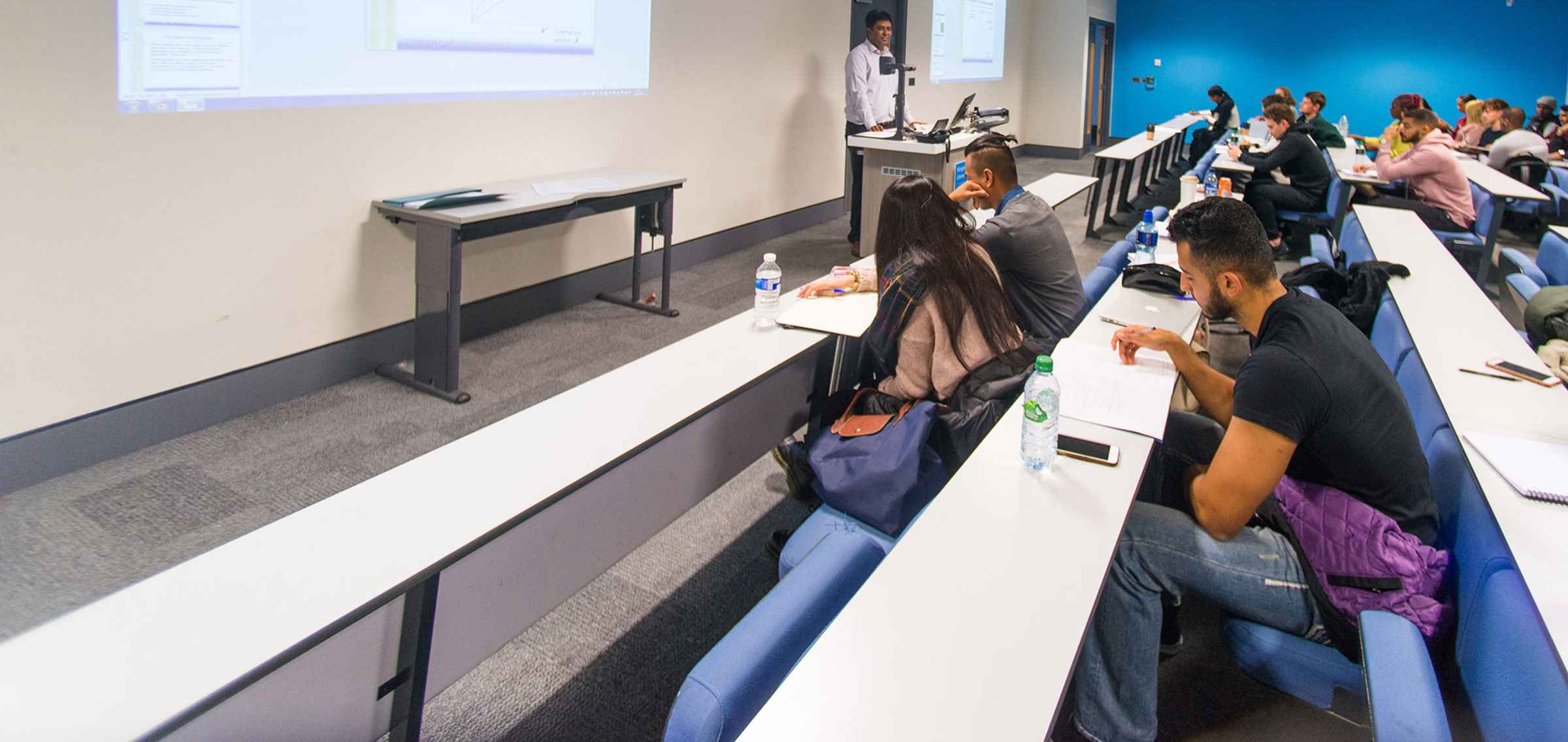


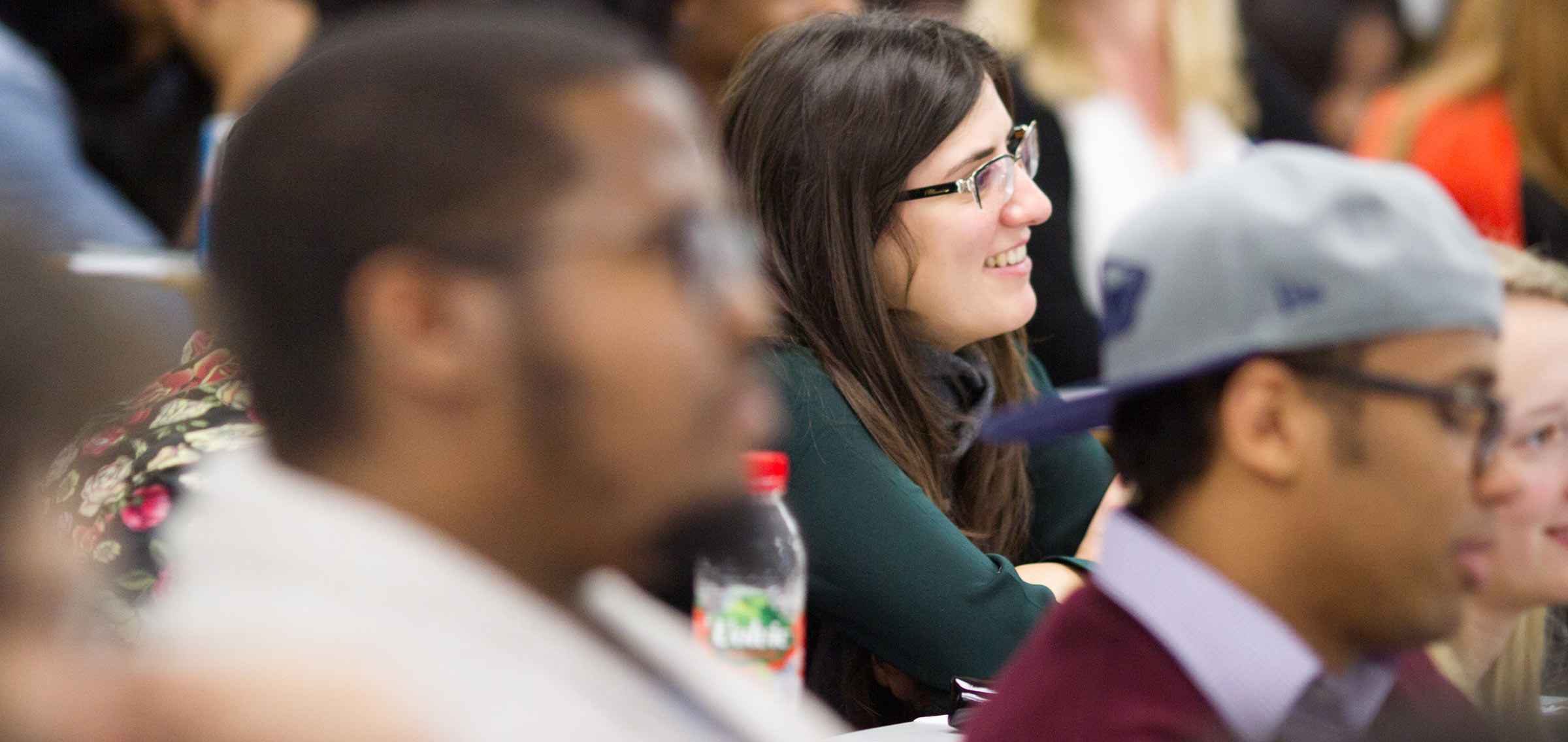


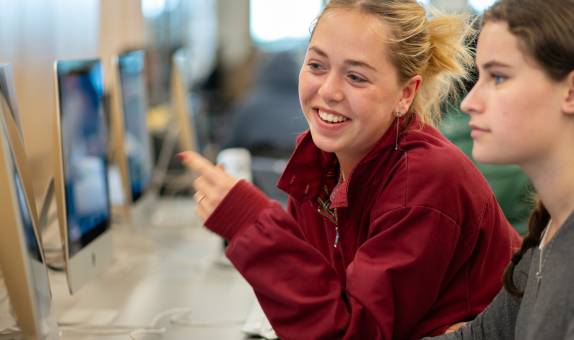
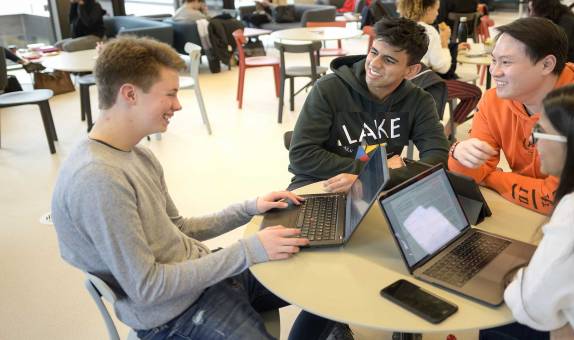
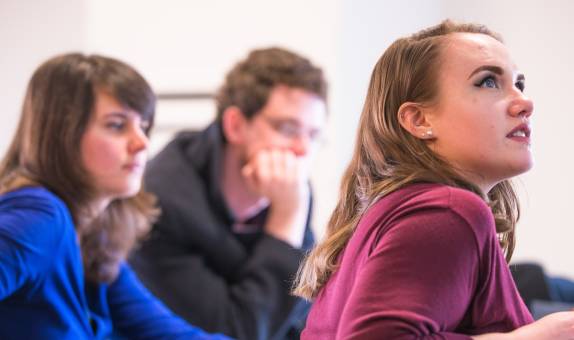

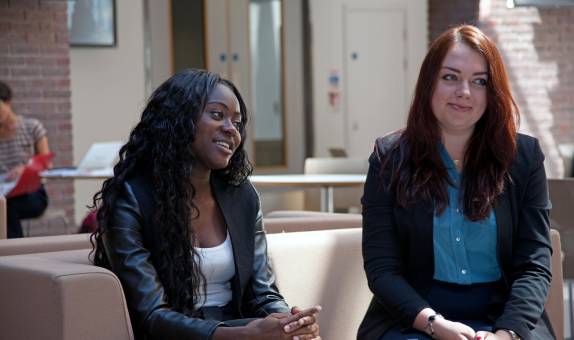
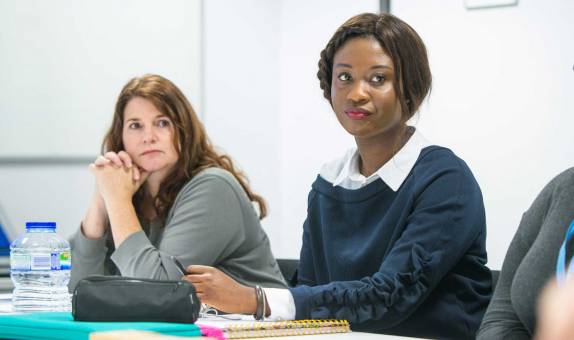
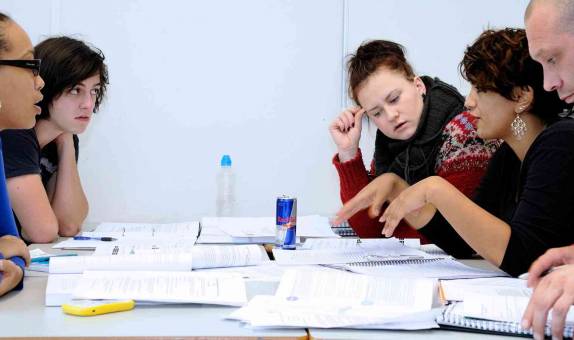


 "During my undergraduate studies at Kingston University, I got involved in a range of extracurricular events, including KU workshops, the Kingston Award, and Beyond Barriers mentoring. KU workshops taught essential CV and interview skills, as well as building confidence for assessment centres and networking, and the Kingston Award encouraged me to consolidate my experiences into the key behaviours and competencies that employers ask for. I found the Beyond Barriers mentoring scheme particularly helpful because, although my mentor was not directly involved in the field I wanted to pursue, he coached me in seeking networking opportunities which ultimately led to my employment as a Prison Officer at HMP Grendon Therapeutic Community. Every day, I apply my learning from Kingston University to the work I perform, and I am thankful for the opportunities that Kingston University provides.
"During my undergraduate studies at Kingston University, I got involved in a range of extracurricular events, including KU workshops, the Kingston Award, and Beyond Barriers mentoring. KU workshops taught essential CV and interview skills, as well as building confidence for assessment centres and networking, and the Kingston Award encouraged me to consolidate my experiences into the key behaviours and competencies that employers ask for. I found the Beyond Barriers mentoring scheme particularly helpful because, although my mentor was not directly involved in the field I wanted to pursue, he coached me in seeking networking opportunities which ultimately led to my employment as a Prison Officer at HMP Grendon Therapeutic Community. Every day, I apply my learning from Kingston University to the work I perform, and I am thankful for the opportunities that Kingston University provides.  "I graduated from Kingston in July and joined the Metropolitan Police Degree Holder Detective Programme in October alongside 300 other new recruits. Since joining this programme I have been awarded a prize of excellence from Commissioner Sir Mark Rowley, for being the top police recruit from my intake. Following this, I sat my National Investigators exam in September and obtained a score which put me in the top 1.5 % in the country. I now currently work in the CSU unit which responds to domestic abuse incidents, and I am planning to join the murder investigation team following this.
"I graduated from Kingston in July and joined the Metropolitan Police Degree Holder Detective Programme in October alongside 300 other new recruits. Since joining this programme I have been awarded a prize of excellence from Commissioner Sir Mark Rowley, for being the top police recruit from my intake. Following this, I sat my National Investigators exam in September and obtained a score which put me in the top 1.5 % in the country. I now currently work in the CSU unit which responds to domestic abuse incidents, and I am planning to join the murder investigation team following this. 